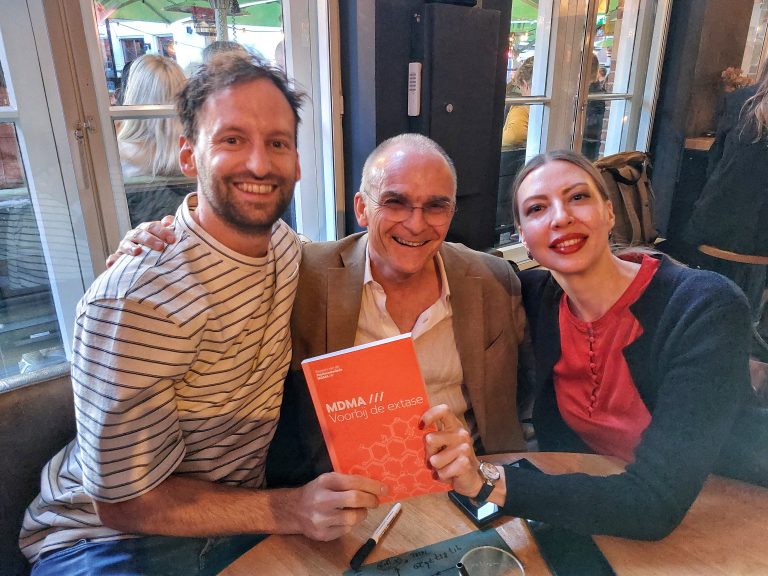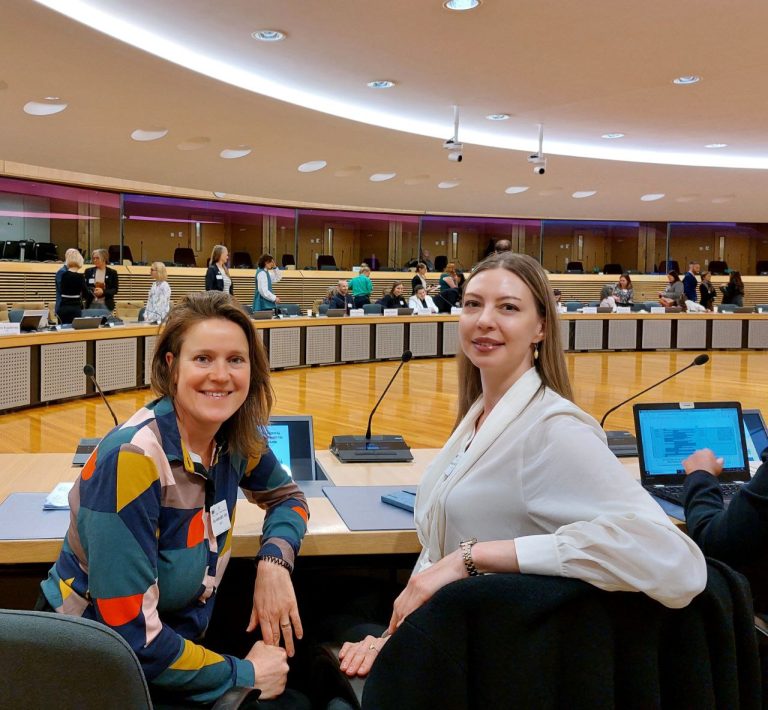Building Trust at the Edge of Regulation — Shaping the Psychedelic Care Ecosystem in the Netherlands
Building Trust at the Edge of Regulation — Shaping the Psychedelic Care Ecosystem in the Netherlands When a country stands at the threshold of legalizing psychedelic therapy, the challenge isn’t just policy — it’s trust. SYSTEMIC CHALLENGE


